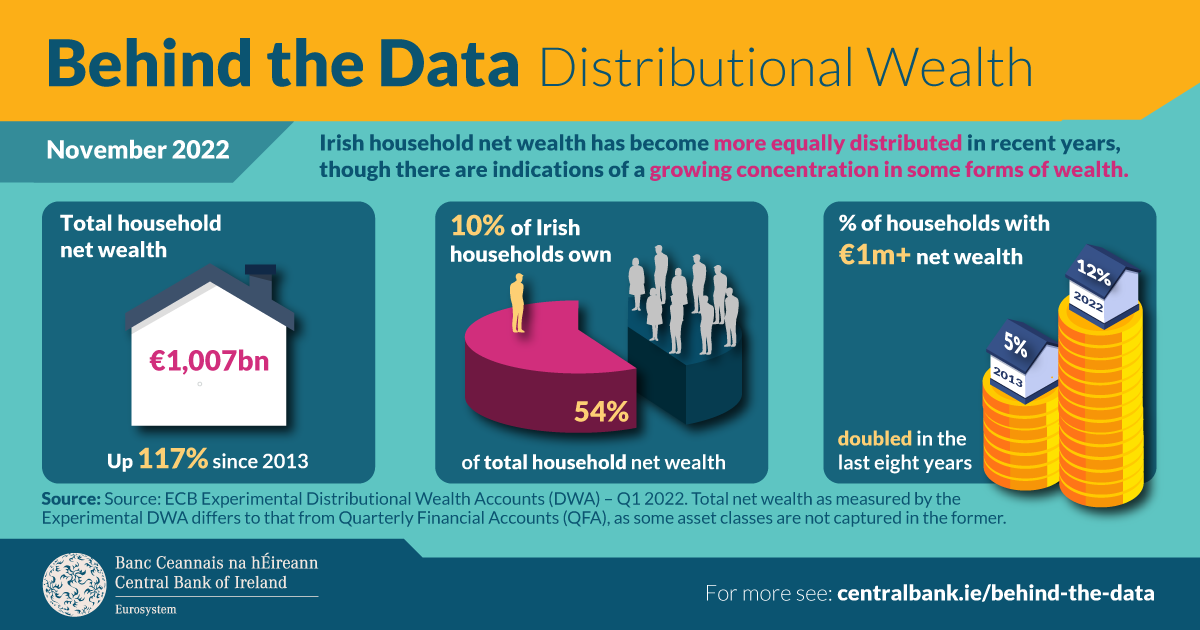T McGibney
Registered User
- Messages
- 7,613
Where was my hyperbole?Okay sticking with hyperbole, fair enough.
No I'm not.You realise then you're making an argument for more not less tax.
Where was my hyperbole?Okay sticking with hyperbole, fair enough.
No I'm not.You realise then you're making an argument for more not less tax.
Income equality isn't worth much to the working families who these days struggle to save sufficiently for periodic financial emergencies like health insurance renewals and car replacements and end up being ripped off by scams like PCP financing on car purchases.

If calculated using market income only (i.e. employment, pension and other income) the Gini coefficient would have been 48.9%. Adding in income from social transfers, the Gini coefficient on gross income is 36.9%. Finally, after deducting tax, social insurance contributions, pension contributions and inter-household transfers paid, the Gini coefficient for disposable income is 28.0%.
Our high-tax, high-cost economy is impoverishing our citizens.Ireland has the highest cost levels in the European Union. Costs here are 46.4 per cent above the EU average. Spending €100 here will buy you less than 70 per cent of what it will purchase in our neighbours. That means that, in terms of what it can buy for you, €100 of output generated here is effectively worth less than 70 per cent of that same amount produced elsewhere in the EU.
In July, the Central Statistics Office published data showing actual consumption here, adjusted for prices. The chart for actual individual consumption (purchasing power standard) makes for chastening reading for those who regularly champion the Irish economic development model. Based on last year’s data, Ireland is in the bottom half of the EU league table, placed 15th out of 27 member states.
Top of the EU table is Luxembourg whose real consumption per head is running at 159 per cent of Irish levels. Slovenia (103 per cent) and Romania (101 per cent) are immediately above us while we are trailed most closely by Poland (99 per cent) and Portugal (98 per cent). Bulgaria is firmly located at the bottom of the EU table with consumption levels just 77 per cent of Ireland’s.
Me tooWho, apart from yourself, thinks the current system is incredible and unfair?
Looks like the issue of disability benefit is going to be changed now. Apparently they are introducing 3 tiers of disability with only the highest tier getting full disability benefit. I think that it will be a fairly lengthy and involved process .All is not what it seems when it comes to our workforce!
An oldie but a great article still